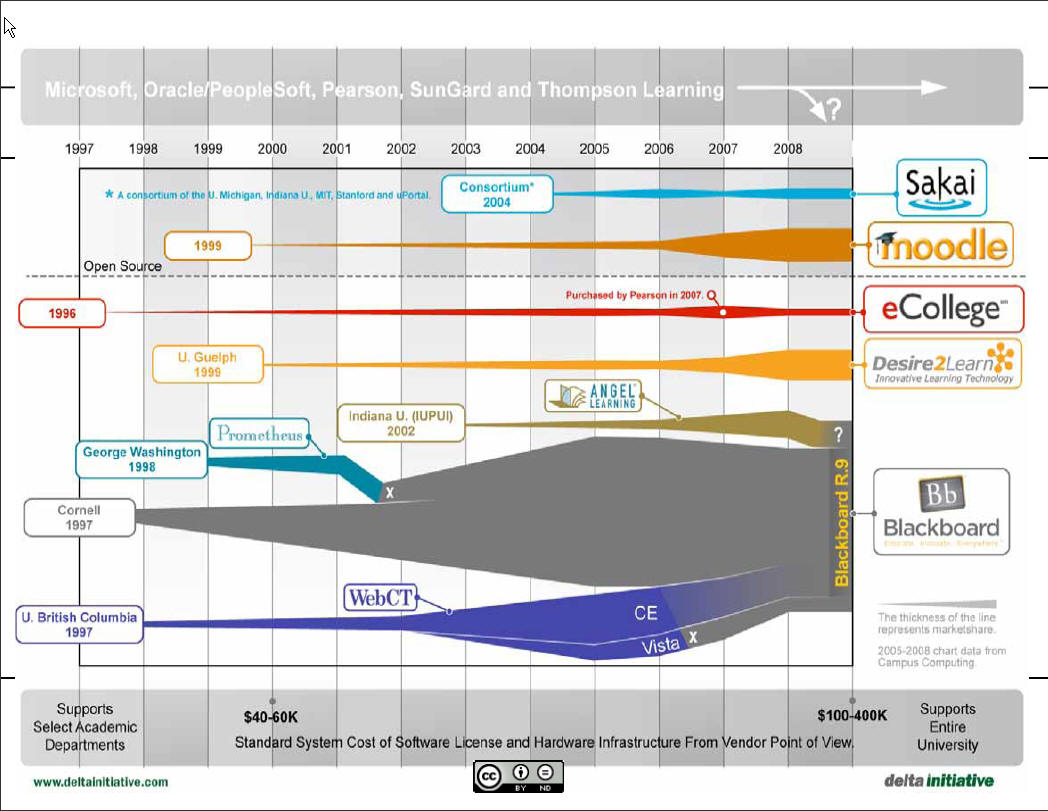I've worked on and off with David Jennings for nearly 15 years, starting with unsuccessful efforts in the mid 1990s to get Sheffield-as-a-City to take the Internet more seriously, and including Living IT [slow to load from The Wayback Machine] a project with MANCAT, The Sheffield College, and FD Learning, to make a suite of wholly online courses about how to use the Internet.
More recently we've pitched for and won various contracts concerning e-learning, standards, web site usability, social networking to support professional development, and so on.
Why the throat clearing? To provide a context for my pointing to a longish piece that David Jennings has written - Progressive austerity and self-organised learning - which I think is worth taking the time to read, and to make comments on it. (Though I've not switched off comments on this post, I encourage you to respond there not here.)
For the record and leaving aside my scepticism about "collapsonomics" (which reminds me too much of The Limits to Growth and Protect and Survive) I agree with some but not all of David's argument.
I particularly like the way David tabulates some "Literacies for self-organised learning" using lists by Guy Claxton and Howard Reingold (I'd be for including Claxton's "characteristics of a confident explorer/researcher" in many recruitment specifications), but I think David underplays the importance of accreditation of learning and of qualifications generally (this is more than the issue of compliance training that he raises towards the end of the piece).
Secondly learners in many contexts at many levels (medicine, catering and hospitality, car maintenance, marketing, say) need to learn in real "vocational" environments. These are generally anything but "lightweight" to provide.
Finally, though we are programmed to learn, for many it helps a great deal to receive the right formative feedback, and to be asked what Dylan Wiliam calls "hinge questions" [150 kB PDF - see page nine]; and in this respect the "self-organised" learning that David argues for is not sufficient.
What I think we do agree on is that the "information environment" has become far more "lightweight", with the bypassing of institutions, libraries, teachers, publishers, experts etc, and the establishment of an apparently open environment in which motivated people can learn a great deal on their own. (I put quotes round the term "lightweight", because the technical infrastructure that sits behind and supports the information environment is anything but lightweight.)
But you can make up your own mind by reading David's piece.


Paul Krugman - How Did Economists Get It So Wrong?
Via Peter Norvig, here is a beautifully written piece from the 6 September 2009 New York Times by Nobel Laureate Paul Krugman. There are shades of the Ragged Trousered Philanthropist's description of capitalism in this excerpt:
Posted on 06/09/2009 in News and comment | Permalink | Comments (1)
|